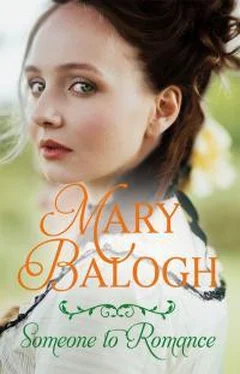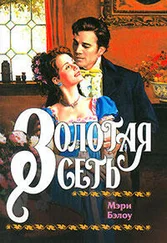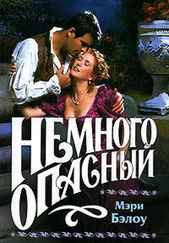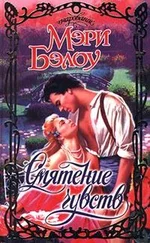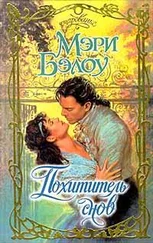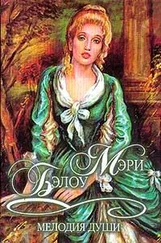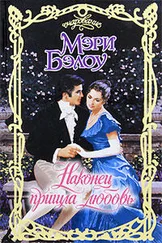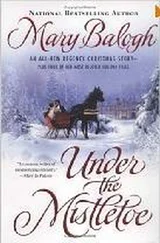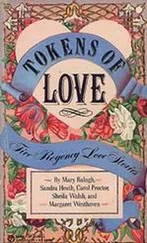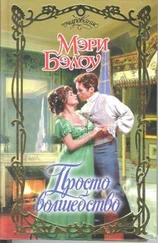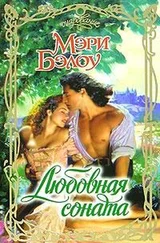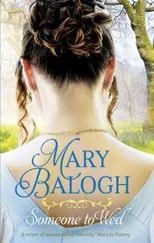Everyone in the group laughed.
“We love you anyway, Jessica,” her aunt, Lady Dirkson, said, her eyes warm with merriment. “And that was a cruel thing to say, and not at all accurate.”
“Definitely not ten thumbs, Jess,” Peter Wayne, her cousin, assured her. “More like eight thumbs and two little fingers.”
“Perhaps you would care to tackle a duet,” Gabriel suggested.
“You play?” Lady Jessica asked.
He did. He had never had lessons and no one had ever encouraged him, though his aunt had come quietly into the room a few times at Brierley while he was playing and quietly listened and quietly went away again. Cyrus’s late wife had had a pianoforte in Boston, sadly out of tune. Gabriel had had it tuned after Cyrus’s death and had played it for his own entertainment.
“A little,” he admitted.
“You must certainly play for us, then,” Lady Hodges said with her characteristic warm smile, and she raised an arm to summon her husband. “There is some sheet music inside the bench.”
He had never learned to read music.
“Shall we?” he asked, reaching out a hand toward Lady Jessica.
“Oh dear,” she said, eyeing his hand with obvious misgiving. But she set her own in it and allowed him to lead her toward the pianoforte. Lord Hodges had opened the cover over the keys and was propping open the lid. Lady Hodges was removing a pile of music from inside the bench and setting it on top.
“There,” she said. “I am sure you can find something you know, Jessica. And anytime I have heard you play I have found your performance quite competent.”
She smiled at them both, took her husband’s arm, and went off to mingle with their guests.
Lady Jessica looked through the pile of music while Gabriel stood half behind her, his hands at his back.
“Thank you for the roses,” she murmured.
“I have always considered a single rose more lovely than a whole vaseful,” he said.
She paused over one sheet of music, opened it, closed it again, and set it on top of the pile of discards.
“It enables one to concentrate the whole of one’s attention upon the beauty of a single bloom,” he said. He was sounding pompous.
“That reminds me of the poem that begins, To see the world in a grain of sand, ” she said. “Do you know it?”
“By William Blake?” he said. “Yes. Another of the lines, I believe, is, Hold infinity in the palm of your hand. It is the same idea in a different image. And a single rose can be more breathtaking than a whole garden.”
“I could never quite understand Mr. Blake’s point when I was a girl,” she said. “A grain of sand is merely a grain of sand, I used to think.”
She played a ballad, “Barbara Allen,” though she did not sing the words. She played competently and even made a key change halfway through without stumbling. The guests had not stopped their conversations, but there was a smattering of applause nevertheless when she had finished.
“Let me see your hands,” Gabriel said, leaning slightly over the keyboard. She spread her fingers and turned her hands palms up while she looked inquiringly at him. “I see four fingers and one thumb on your left hand and four and one on your right. Your music teacher was cruel. And quite wrong.”
“I was ten years old,” she said. “And he actually did me a favor. I was so furious with him and with my governess and with Avery that I was determined to show them how wrong they were. After that I practiced twice as long as I was required to instead of half as much, as I had been doing. I wanted all three of them to eat their words.”
“And did they?” he asked.
“Not to my knowledge,” she said. “But I did learn to play well enough not to make an utter cake of myself in company. You have not chosen your music, Mr. Thorne. I shall not let you escape, you see, after you’ve admitted to being able to play.” She got to her feet, folded her sheet of music, and set it on top of the pile.
“My music is here,” he told her, tapping a finger against his temple. Though that was not strictly true. He had to think, yes, in order to bring a tune to mind, but the music was not in his mind. And when he sat at the pianoforte, he had to rid his mind even of the tune so that it would not interfere with his fingers as they played. He did not know where the music itself came from after that. He did not know how his fingers hit the right notes or how they knew what other notes to play in order to create the full melody and the accompaniment. It all came from some unknown somewhere inside him, yet it seemed too vast to fit within his frame. It was a good thing he had never tried to describe the process to anyone.
“You have memorized it?” she asked as he sat on the bench and arranged the tails of his coat behind him. “That is impressive.”
He very rarely played in company, and when he did, it was usually merely to entertain. Fortunately there was a hum of sound as people continued their conversations. This corner of the room actually seemed like an oasis of quiet. Of which Lady Jessica Archer was a part.
He gazed at the keyboard, not quite seeing it. He listened to the melody of Bach’s “Jesus bleibet meine Freude”— Jesus shall remain my joy —in his head. Then he set his fingers on the keys, let them find the ones he wanted, emptied his mind, and played. Perhaps, he thought for the first few moments, he ought to have chosen something lighter, something simpler, something more obviously entertaining. He was very aware of Lady Jessica standing beside the bench, watching his fingers.
And then the music took possession of him. He closed his eyes, tipped back his head, frowning, as the main melody, stately and dignified, asserted itself through his left hand while his right hand after the first introductory moments continued with the ripple of joyful accompaniment. It was a soul-wrenching contrast, part of his mind thought, between deep emotion and exuberant joy. He had heard it played on the organ in the church at Brierley when he was a boy, and the music had been a part of him ever since.
His eyes were closed again as he finished and listened to the echo of the final notes receding to wherever the music lived when it was not being played. He was not aware of the silence in the room until it was shattered with applause.
“That was exquisite.”
“I say. Bravo, Thorne.”
“How absolutely lovely.”
“What was that?”
“You really ought to be on a concert stage, Mr. Thorne.”
“Beautiful.”
“Oh, do play again.”
A number of voices spoke at once.
“Well,” Lady Jessica said after a rather lengthy pause. “I am very glad I went first. Wherever did you learn to play like that?”
“I did not,” he said.
“You are self-taught?” She opened her fan and plied it before her face.
“I do not read music,” he told her.
This was a party, a soiree, not a concert. He felt embarrassed and was very glad to see that conversations were resuming and servants were circulating with trays of drinks and dainties.
“I wish I could play like that,” she said softly.
He got to his feet, moved the pile of music to the floor, and gestured to the bench. “Come and sit beside me,” he said, “and we will play something together.”
“Without music?” she said.
“I will teach you,” he told her. “You can play the lower notes. They are really quite simple, but they set the tempo, the bass upon which the melody is set.”
She eyed him doubtfully and then eyed the bench before seating herself and sliding along it to make room for him. He had done this at parties in Boston. It had always been good for some light entertainment.
Читать дальше
